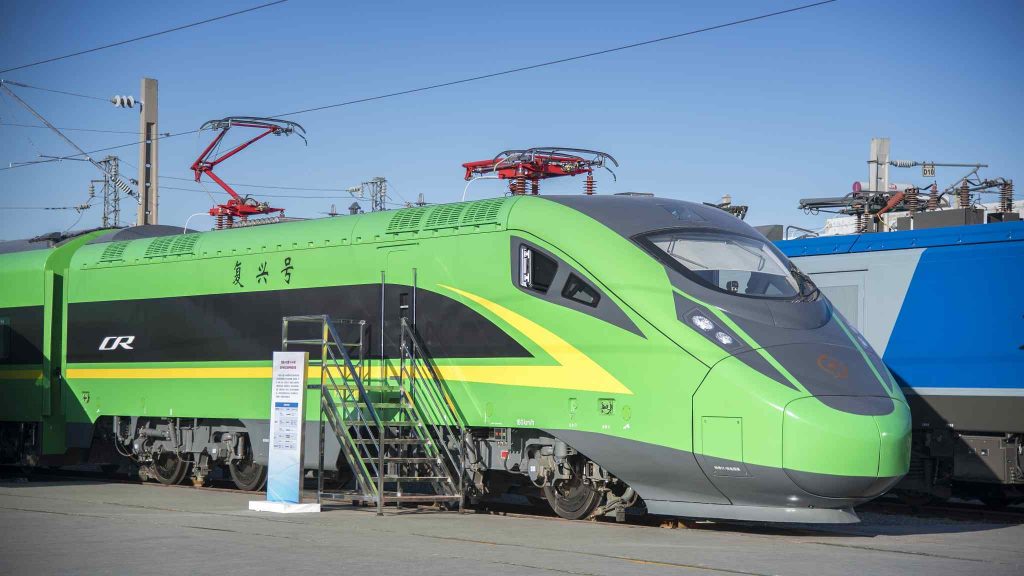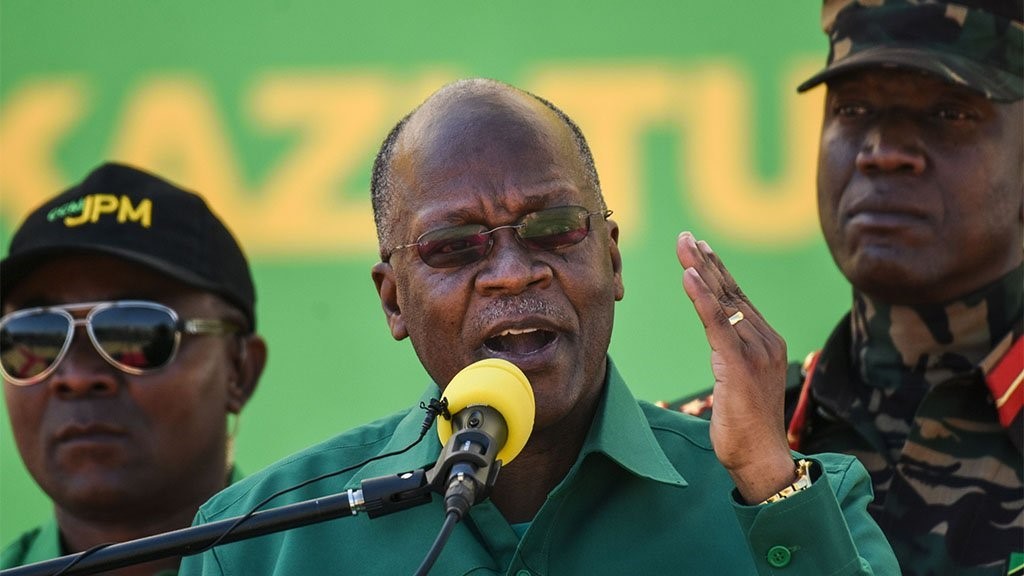President John Pombe Magufuli is a no nonsense man. That doesn’t need to be said again.
Through his no non-sense administration, he has steered what was once a resource rich but sluggish economy to a level where it is challenging the region’s economic powerhouses.
Picture this. Before Magufuli was sworn in 2015 to begin his first term, Tanzania’s economy was still in the Least Developed Countries (LDC) category, and only one country in East Africa – Kenya, wasn’t. In 2018, Tanzania joined Kenya in the lower middle income economy category, following exponential economic growths of more than 6.8% recorded in each year of President Magufuli’s term in office.
That average economic growth of 7.1% over five years ranks Tanzania as the second fastest growing economy in Africa after Senegal, and eighth globally.
But it’s not just the gross domestic product (GDP) that is soaring.
Inflation fell to 3.3% in 2019, from 7.8% in 2015 due to an improved food supply. The Tanzanian shilling has also remained fairly stable in the last five years exchanging at an average of 2,290 to the dollar, compared with 2,263 in 2018.
The African Development Bank’s Country Policy and Institutional Assessment cites Tanzania’s economic growth as a result of “sustained political stability and Magufuli’s administration ambitious development agenda.”
Aside from the economic governance, President Magufuli fast tracked the shifting of the country’s capital to Dodoma from the commercial center Dar es Salaam, a move that was decreed more than three decades ago but never fully implemented.
Magufuli has pledged to continue the fight against corruption and wasteful spending of public money. On the campaign trail, he has also touted his government’s record on improving the country’s infrastructure.
Throughout his presidency, Magufuli has spent much of his time touring Tanzania and meeting citizens. He has even gained something of a reputation for resolving voters’ grievances on the spot while on tour, often issuing orders to local government representatives live on camera at roadside meet and greets.
Tanzania has also diversified its economy in the last five years, evidenced by employment in agriculture declined from 71.4% of total employment in 2008 to 66.3% in 2018, while employment in industry increased to 7.1% from 5.7% and employment in services to 26.6% from 22.9%.
Despite its strategic location, Tanzania lacks access to the development finances required to bridge the enormous infrastructure gap that comes with its size.
But the government has tried to bridge the gap. President Magufuli has pursued mega projects including the Mwalimu Nyerere Hydroelectric power project in Rufiji, the standard gauge railway, and revival of the national carrier.
Remarkably, Tanzania railway project to be launched in 2022, features Sub-Saharan Africa’s first bullet train- rail line linking Rwanda with Tanzania’s port at Dar es Salaam. The project has cost the country $1.3 billion over the first phase that included a 400 kilometer track from Dar es Salaam to Dodoma. \
Neighboring Kenya paid triple the figure – $3.6 billion, to builds its own standard gauge railway that runs over a similar length of 400 kilometers from the outskirts of Nairobi to Miritini near the coastal city of Mombasa.

After initially choosing to join Kenya’s SGR project Rwanda’s government agreed to pay $1.2 billion to extend the railway line to Kigali. Uganda is also in talks to build an oil pipeline with Tanzania to transport its huge oil deposits through the port of Dar es Salaam.
Following its revival in 2017, Air Tanzania is set to compete with struggling Kenya Airways and Rwandan Air for a share in the region’s commercial air transport sector.
President Magufuli has also overseen reforms in the minerals and extractives sector that have seen him clash with foreign firms such as Acacia. Tanzania’s gold production increased by 10% in the last half a decade, and is now Africa’s fourth-largest gold producer after South Africa, Ghana and Mali.
While Magufuli has strengthened the economy, he has killed the little democratic space that was present in Tanzania before his election victory.
In 2017, opposition leader and now main competitor Tundu Lissu, survived an assassination attempt in the administrative capital, Dodoma, when he was shot 16 times by unknown attackers.
Coverage of Wednesday’s election will be restricted after the government amended laws to require international radio and television broadcasters to have licensed local partners to get the regulatory body’s permission to air content, Amnesty International has said.
Reporters Without Borders have documented numerous arrests of journalists in Tanzania, and the government has shut down space for public debates on its socioeconomic policies.
As a result, this election is being tipped off as a sure win for a president that many in the western world now call “dictator.”
There’s also the unique way that Magufuli chose to combat the coronavirus. The media and experts have criticized him for not imposing a lockdown and failing to report statistics on the number of positive infections and deaths. Nevertheless, the lack of a shutdown has meant the economy has remained stable even as countries that imposed lockdowns like South Africa, Ghana, Uganda and Kenya begin to loosen restrictions belatedly.
Moreover, there has not been a widespread death rate to necessitate a crisis of enormous potential that can not be covered up in a country where most foreign media outlets maintain their offices.
As Tanzanians go the poll on Wednesday, one of the main contenders will do so knowing it shouldn’t have come down to this. A good economic record, but a shrinking democratic space.
Tanzanians surely have a difficult choice to make on what type of future they aspire for, and whether Magufuli’s bittersweet policies promise them that.

